Seek Therapy
Online Therapy in California
Online therapy refers to counseling or psychotherapy in which online therapists provide mental health services and support to people over the Internet. In California, the other names used interchangeably with online therapy are e-therapy, virtual therapy, digital therapy, teletherapy, or cyber-counseling.
In-person therapy differs from online therapy and requires visiting the therapist's office. In contrast, online therapy requires a device (mobile or laptop) and an internet connection to access the therapy.
Take charge of your mental well-being and stop suffering in silence. Online therapy can help you manage depression, anxiety, panic attacks, PTSD, and social phobias.
Schedule a free consultation now with Dr. Invia A. Betjoseph — who is a Licensed Marriage and Family Therapist, Certified Sex Addiction Therapist trained in EMDR, specializing in sex addictions, couples therapy, and trauma.
Therapy and counseling in the past were given in traditional or in-person psychotherapy settings, i.e., you have to visit a therapist's office to receive health care treatment. However, with the advancement of technology and the rise of the COVID-19 pandemic, online therapy has become a new trend in California. Recent research from the National Center for Health Research has described online therapy (for preventing and treating psychological problems) as equally effective as in-person therapy.
What Issues Can Online Therapy Help With?
Online therapy can be used for a variety of conditions and complex situations that don’t require complex diagnosis, testing, or direct treatment. Some issues or conditions in which you can consider psychotherapy are:
- Aphasia
- Speech anxiety
- Bipolar disorder
- Eating disorders
- Anxiety disorders
- Stress and Phobias
- Anger and Panic attacks
- Grief and conflict resolution
- Social anxiety and self-esteem
- PTSD (post-traumatic stress disorder)
- Insomnia and other sleep disturbances
- Addictive behaviors (substance, porn, and sex, etc.)
- Relationships counseling (Marriage, couples, or family therapy)
Communication Mediums Online Therapists Use in California
Online therapists utilize a number of communication tools to conduct online therapy sessions. You can use mobile phone or laptop to access digital therapy. However, whatever communication medium they use should not pose a privacy leak or safety threat.
- Telephone
- In-app messaging
- Video conferencing
- Email communication
- Real-time instant messaging
- Virtual whiteboards (for explaining certain concepts)

Pros and Cons of Online Therapy in California
Dr. Invia A. Betjoseph — who is a Licensed Marriage and Family Therapist, Certified Sex Addiction Therapist trained in EMDR, specializing in sex addictions, and couples therapy and trauma — offers these pros and cons for online therapy.
Pros of Online Therapy:
The following reasons make people opt for digital therapy over traditional in-person therapy.
1-Convenient and Comfortable:
You dial a phone number or log into the website and reach an online therapist's office. Online therapy is super comfortable as it does not require traveling miles and facing huge traffic to get to a therapist. Moreover, you can attend therapy sessions around your free schedule if you are busy and cannot travel. Also, attending therapy sessions online is inexpensive, unlike traditional therapy, costing $150 to $300.
2-No Waiting Time
First, you save the time that it takes to reach the therapy or counseling center. Then you don't have to wait for your turn while sitting in the waiting room to get an appointment from your psychologist, unlike in-person therapy, which takes time in paperwork and other bureaucratic hurdles.
3-Accessibility
People who live far from in-person psychotherapy settings or in remote and rural areas can now easily access the therapist with a virtual visit.
Similarly, online therapy also offers a great solution to people who cannot leave their homes due to their physical, mental illness, or any other reason. They just need a reliable Internet to access health therapy services readily.
Cons of Online Therapy
Online therapy also has risks and potential drawbacks over in-person psychotherapy settings:
1-Lack of Verbal Communication
Much of the communication will be non-verbal if you use text-based therapy. In such a scenario, how will the therapist be able to read your thoughts, feelings, behavior, vocal cues, and body language?
Likewise, digital therapy through video conferencing may address your issues, but not as it would be in real-world, face-to-face interactions.
2-Limited for Complex Psychiatric issues
Online therapies are for people who are having mild mental health issues. The complex cognitive health symptoms require complex diagnosis, specific treatment, and testing rather than online analysis from a distance. Hence, the complex issues limit the e-therapy scope. Following are such situations in which online therapy may not be the best option to go with:
- Dementia
- Schizophrenia
- Acute psychosis
- Suicidal ideations
- Complex trauma
- Autism spectrum disorder
3-Privacy and Hacking concerns
Many health industries in the U.S. have been accused of sharing their private data (of patients) with social media apps and third-party vendors — which raises concerns about the confidentiality of digital therapy.
Most of virtual therapy communication happens online, which poses a threat of privacy leaks or hacking. If hackers hack the platform's servers, they can use your private and confidential information for their ill designs.
Another tricky thing about e-therapy? Virtual therapy requires individuals to be good at using technology. Similarly, if you don’t have a reliable internet speed, the therapy experience can be frustrating.
At San Jose Counselling.com, we use unbreachable encrypted emails, chat services, and strict security protocols to keep your privacy first and therapy second. We take your privacy as our ethical responsibility.
Following are the suggestions for your safety:
- Use secured and reliable Internet
- Avoid public Wi-Fi
- Don’t use outdated software
The duration of EMDR sessions can vary based on individual circumstances and the expertise of the mental health clinician involved.
This article explores Eye Movement Desensitization and Reprocessing (EMDR), highlighting its pros and cons, potential physical and mental effects of the therapy, as well as common myths and misconceptions.
Frequently Asked Questions
How Do I Find An Online Therapist in California?
You can find an online therapist in California by using online directories such as Psychology Today, GoodTherapy, or TherapyDen. These directories allow you to search for therapists based on location, specialties, and treatment methods. Additionally, you can search for online therapy platforms like BetterHelp or Talkspace that offer access to licensed therapists who provide online counseling services.
Who Should Not Use Online Therapy (Teletherapy)?
Sometimes, it may be better to go with in-person therapy than e-therapy or online therapy. Some of those conditions or individuals include:
Lack of Privacy: If you have privacy and safety concerns in online therapy, you should not choose teletherapy.
Lack of reliable Internet access: If you lack either a device (mobile, laptop, phone, etc.) or reliable Internet access, you should consult with your therapist traditionally.
Severe Mental Health Problems: People with suicidal thoughts and severe mental disorders should go for in-person therapy settings because the said cases may require close monitoring and diagnosis, which virtual therapy cannot.
Complex Diagnoses: If your ailment requires a complex diagnosis, testing, and specific treatment, you should pursue face-to-face interaction with your therapist.
How Expensive Is Online Therapy In California?
In California, online therapy is cheaper than in-person therapy. However, it is difficult to tell the precise prices of therapies (due to the factors discussed next). The average cost of online therapy may range from $70 to $150 per session compared to in-person therapy, which typically costs $150- $290 per session.
Note that some factors may influence the cost of therapy in California. These factors are as follows:
•Insurance coverage eligibility
•Therapists' experience and expertise
•Therapists’ credentials
•Location (urban or rural area)
•Session lengths (A therapy session typically lasts last between 45-60 minutes)
•Type of therapy (online EMDR, anxiety, sex addiction, trauma, etc.)
•Online platform fees


